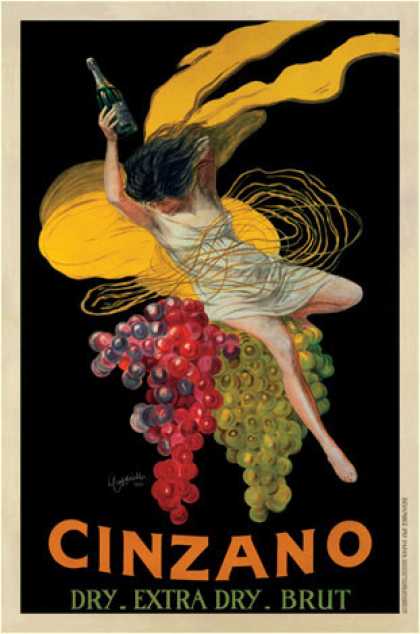
See Part I here, Part II here, and Part III here.
IV.
I had learned from Walter Chase that day all I essentially needed. Gatsby was no romantic enigma, no fabulous mystery, and certainly not the mythic hero that Carraway displayed in his deplorable and deceptive book. He was precisely what I imagined all along, a common criminal ready to swindle innocent people simply to achieve his sleazy goals, one of which was to amass an ill-gained fortune and another to steal my wife. Perhaps he foolishly thought the only way to seduce Daisy was to amass the fortune. Daisy liked money—who doesn’t, really?—but she would never be content with money like that. She had made it clear to me about three weeks before I met Walter, after we left the only party of Gatsby’s we ever attended (even she found it distasteful), that she believed, or wanted to believe, that Gatsby’s fortune came from his enterprising chain of drug-stores. I wanted to investigate this preposterous claim. From what Walter hinted, I knew I could never interfere with Gatsby’s criminal activities but I now had what I needed to prevent him from destroying not only our marriage but Daisy’s life.
I had been suspicious of her behavior since that party. I could tell something was up. It wasn’t just her fox trotting with Gatsby and practically spending the entire evening in his company, but rather that she began to seem more dismissive of me than usual that summer. In the early years of our marriage she took that tone often, not so much in private but usually around her friends, pretending I was dense, or dull, or entirely dispensable as a husband. It disturbed me sometimes but lately because of Myrtle I usually let her go on and endured the ridicule as the only way she had of getting back. Daisy was an accomplished flirt and I knew she was no virgin when I married her but until the night of that party I never thought she could be unfaithful.
As Daisy and her friends well knew, I myself had been unfaithful on a number of occasions. My infidelity began during our honeymoon with a hotel chambermaid in Santa Barbara, a stupid and careless fling on my part that Daisy soon found out about. The girl was half-Mexican and a beauty and she wound up costing me quite a bit of money. There had been a few others before Myrtle—one back when we lived in Chicago and another, a would-be actress, that I ran across at Gatsby’s party. Daisy knew of Myrtle but not her full identity until I confessed all of it that terrible evening...
You have reached your article limit
Sign up for a digital subscription and continue reading all new issues, plus our entire archives, for just $1.50/month.
Already a subscriber? Sign in




